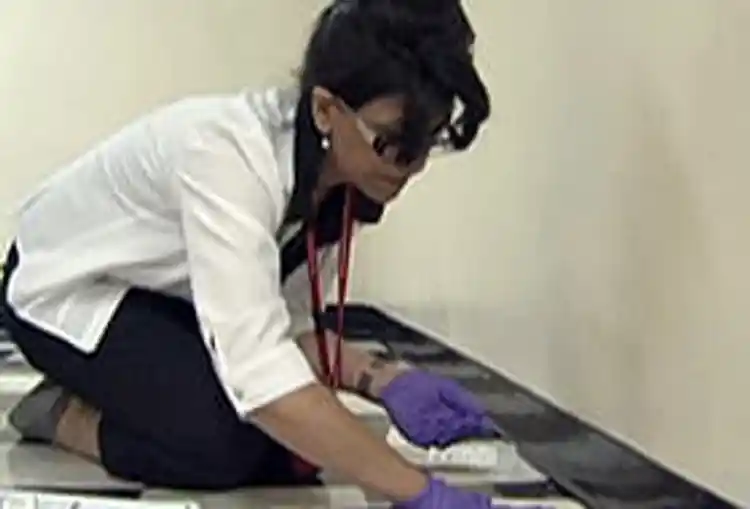Household Hazards for Babies

Hide Video Transcript
Video Transcript
Philip Landrigan, MD
Little infants who crawl on the rug, who breathe just inches above the floor, and who put their little hands and their little fingers in their mouths a hundred times a day are at a lot greater risk of exposure to any toxic chemicals in the home than we adults. Narrator
Doctor Philip Landrigan should know…he's a principle researcher for the National Children's Study—a federally-backed, long-term assessment of how environmental toxins might affect human development…the most comprehensive study on the subject ever undertaken: Philip Landrigan, MD
The purpose of the study is to…determine all of the environmental factors that cause disease in children. Narrator
Study researchers, like Landrigan's team based out of Mount Sinai School of Medicine, also hope to connect the dots between common household products and the possible health threats they might pose to immature minds and bodies… Philip Landrigan, MD
…those are the years when a child's brain and immune system, all the organ systems are going through their most rapid development…. Narrator
Everyday materials like those found in household cleaners or wall-to-wall carpeting, are being tested for their impact on a child's health… : (VACUUMING)
Philip Landrigan, MD
Wall-to-wall carpeting is a trap… Narrator
A trap because it can serve as a sponge for noxious vapors, dust and chemicals that can land there. In addition, new carpeting presents its own health risks… Philip Landrigan, MD
… It contains formaldehyde and other volatile chemicals… and the concentrations of those chemicals is highest right immediately above a floor—right where the child is playing on the rug. Narrator
Recent studies have also raised concerns over certain types of plastics young children routinely come into contact with—like bottles made with BPA… Philip Landrigan, MD
When it gets into the human body it behaves like an estrogen, it sends conflicting hormonal signals that mess up the normal signaling in the human body…. Narrator
Another agent under increasing scrutiny is a substance known as phthalates (THAL-LATES)—an additive used to make plastics pliable and found in everything from I-V tubes to pacifiers… Should parents throw away the pacifier? Philip Landrigan, MD
I think parents should throw away the pacifier if the pacifier contains phthalates—and it's quite possible these days, for a little more money, to buy a phthalate-free pacifier. Narrator
Household cleaning agents should never fall into the hands of babies and small children…among the most dangerous are drain cleaners and furniture polishes. Philip Landrigan, MD
…that have benzene or perchloroethylene, or trichiorethylene …which create vapors in the home which are toxic to kids, which can cause injury to the brain and nervous system…so it's best to stay away from solvent-based cleaners. …And to the extent that people can go to the new generation of organic cleaners that are free of solvents…I think it's good advice. Narrator
For WebMD, I'm Damon Meharg. 
